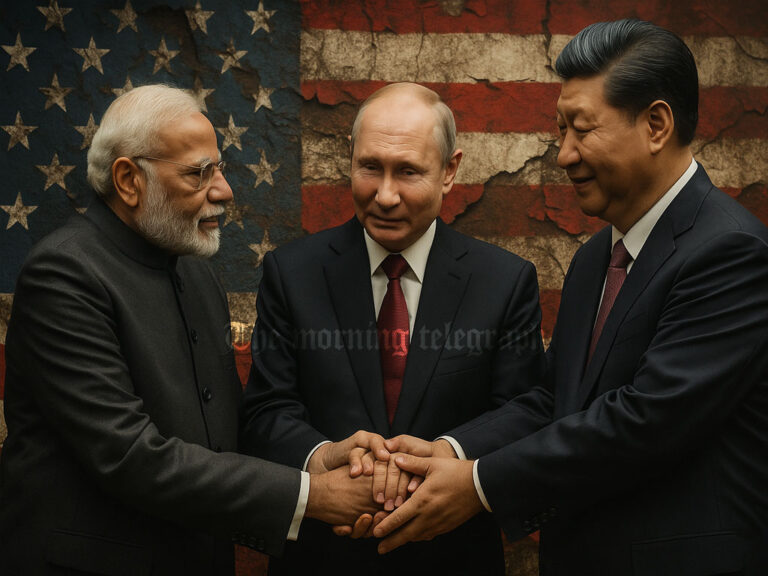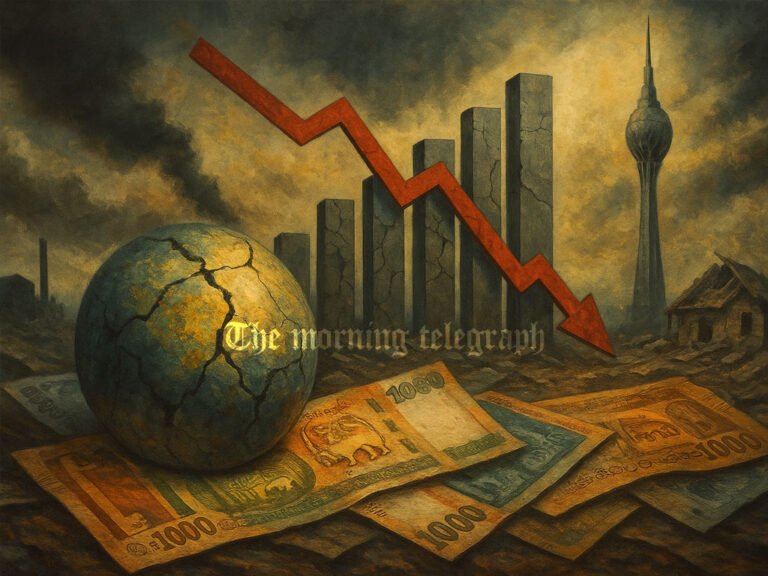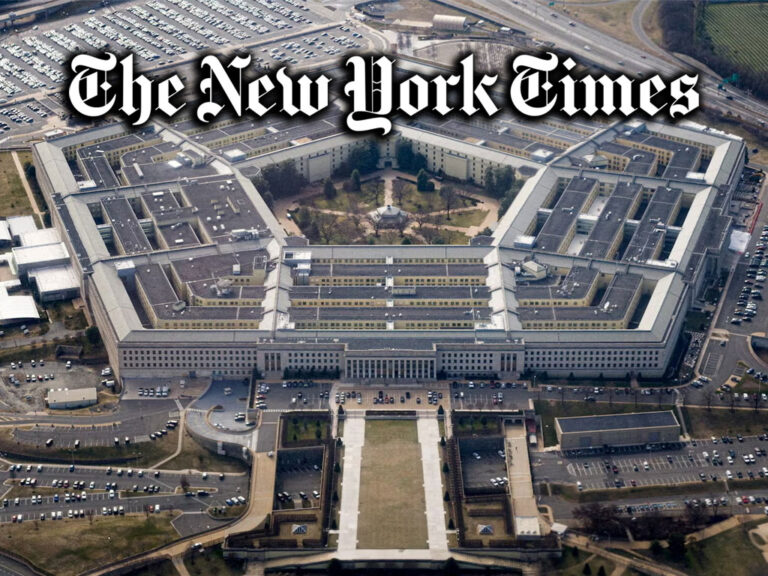
Lalith Athulathmudali was not just a martyr of Sri Lankan politics, he was a visionary whose life and leadership held the promise of a profoundly different national trajectory. His assassination did not merely extinguish a man, but a movement, a vision, and a future that could have redefined the Sri Lankan political landscape.
Today, remembering Lalith is not just about mourning his death, but also acknowledging the magnitude of the loss Sri Lanka suffered. He was a statesman poised to deliver sweeping democratic reforms, drive economic renewal, and champion social justice. His death in 1993 was not an isolated tragedy, but a grim chapter in a nation marked by missed opportunities and the silencing of those who dared to push for transformation.
Rising through the political ranks, Lalith founded the Democratic United National Front (DUNF), a movement intended to challenge entrenched political norms and give a voice to the marginalised. But as momentum built, he was silenced by the very forces he opposed. On April 23, 1993, in a chilling public execution, Lalith was shot down before supporters, a brutal act that laid bare the vicious suppression of reformist thought in Sri Lanka.
The forces behind his assassination whether state-aligned or militant unveiled the rot at the heart of a system that had embraced violence over dialogue. His death symbolised a broader pattern of authoritarianism and terror that plagued Sri Lanka during the 1990s, an era when reform was crushed under the weight of political repression.
What if he had lived? It’s a question that haunts many. With leadership unmarred by tribalism or self-interest, Lalith could have guided Sri Lanka toward a cohesive, democratic future. His belief in good governance, equity, and national unity made him a political rarity, a man equipped to navigate the country’s deep divisions with grace and purpose.
But it was precisely this commitment to reform that made him a target. To entrenched political elites, Lalith posed a threat, his aspirations for justice and transparency were too radical for a system addicted to corruption and complacency. He became a casualty of his own integrity, cut down not by failure but by fear, the fear of those who resisted progress.
In 1993, his opposition to the autocratic leadership of President Premadasa reached its peak. His effort to impeach the President and limit executive power placed him squarely in the crosshairs of a political machine unwilling to relinquish control. His transformation from politician to martyr for democracy was complete.

Lalith’s brilliance extended far beyond politics. A scholar of distinction, he used his intellectual prowess to craft policies aimed at societal transformation. He was the architect of the Mahapola Scholarship Scheme, a program that unlocked educational opportunities for thousands of underprivileged youth and dismantled elitist systems that kept progress out of reach.
His vision went further. Lalith imagined a Sri Lanka where governance was transparent, efficient, and just. As Minister of Trade and Shipping, he reformed the inefficient Port of Colombo into a model of excellence, removing bottlenecks that long hindered the economy. His pragmatic leadership showed the potential of what Sri Lanka could become.

April 23, therefore, is not just a day of remembrance. It is a call to reflect on the enormous void his death left behind. Lalith Athulathmudali was not only a reformer, he was a transformative force, extinguished by those who feared his capacity to challenge the status quo. His assassination was a calculated act meant to preserve corruption, conflict, and chaos.
Yet, his legacy endures. It calls on us to remember not only what was lost but what could still be regained through moral courage and principled leadership. In his life, Lalith embodied the best of what a leader could be, intellectually formidable, morally upright, and dedicated to national progress.
His journey, marked by brilliance and betrayal, remains a sobering reminder of the cost of visionary leadership in times of political decay. And even as history mourns his loss, it also beckons a new generation to carry forward the torch he held so high, a torch that once lit the path toward a more just and democratic Sri Lanka.




